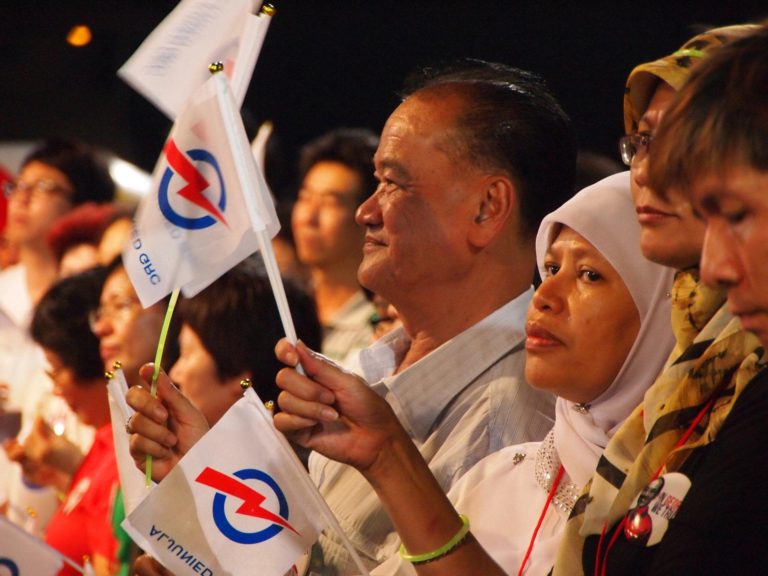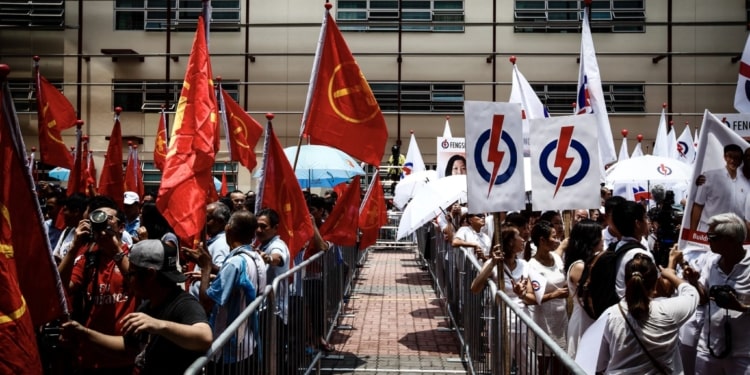New updates regarding Employment Pass (EP) approvals. With the launch of the new COMPASS framework, a point system that grades EP applications, bonus points are awarded for candidates listed in the Shortage Occupation List (SOL).
Commentary: Bonus Points for Employment Pass Approvals
Individuals working jobs listed in the Shortage Occupation List (SOL) will get bonus points for Employment Pass (EP) approvals.
- The Shortage Occupation List (SOL) lists 27 occupations short on talent in Singapore. Under this list, the sectors with the most acute talent shortages are the tech, healthcare and green economy sectors.
- Professionals working in any of these 27 occupations stand to earn additional points when applying for Employment Passes (EP). These bonus points improve their chances of hitting the minimum mark required to pass the COMPASS framework, a compulsory part of the EP application process that takes effect from September 1, 2023.
- If any of these professionals are also working in firms earmarked by the Government as important economic contributors, they will gain another 10 points on their application.
- To qualify as an important economic contributor, the firm in question must be under a programme run by any of Singapore’s sector agencies and prove that they are developing the local workforce.
Commentary on Bonus Points for Employment Pass Approvals
The release of the Shortage Occupation List (SOL) and the introduction of bonus points has made Singapore’s national priorities crystal clear. Two conclusions can be drawn: (1) Singapore is gearing up for a new era of national development (across not just the economic but also the social and infrastructural realms) and(2) trying to keep its critical sectors afloat.
Digital Transformation
The prioritisation of technology and sustainability, evident from the sheer number of occupations listed under these sectors, reflects Singapore’s growing emphasis on digitalisation and greening as vehicles of national development. With the aims of improving service quality, enhancing citizens’ access to services & quality of life, boosting productivity in all economic sectors and establishing itself as a hub for innovation, Singapore rolled out the Smart Nation plan to digitally transform the entire country by 2030. The Green Plan 2030, unveiled in 2021, aims to decarbonise the country, reduce citizens’ everyday climate impact and securitise national resources to fight the climate emergency.
Given these considerations, professionals in artificial intelligence (AI), data analytics, cybersecurity and carbon trading are in extremely high demand—they possess the knowledge and innovative capability needed for digital transformation and decarbonisation respectively. On the SOL, these include occupations such as AI scientists, cybersecurity architects and carbon traders. Due to the nascency of the high technology and sustainability sectors, Singapore values these professionals for their ability to develop foundational industrial structures and practices, generate cutting-edge solutions to national problems and groom the next generation of local talents and leaders.
Prospective EP applicants from these industries are thus likely to have a higher chance of approval, as long as they prove that 1) they can help lay the foundations for these sectors (particularly the green sector) and 2) advance the sector through knowledge transfer and cultivating local professionals. In addition to a strong record of innovation, a demonstrated history of previous mentorship and leadership experience are especially advantageous. Under the EP framework, company leaders and managers are likely to stand the best chances of approval.
Strengthening Legacy Industries
Besides advancing its nascent, cutting-edge industries, Singapore is simultaneously grappling with critical shortages in the healthcare sector and other legacy industries that form its economic backbone. Singapore’s second economic goal, therefore, is to strengthen the backbone of its economy and society, which took a hit during the pandemic.
Medical Professionals
Nurses, Mental Health Specialists and Allied Health Professionals
As seen from the SOL, Singapore is in urgent need of nurses, mental health specialists and allied health professionals. The pandemic exposed the weaknesses of Singapore’s lean healthcare system: too few beds and healthcare workers, inadequate psychiatric support and insufficient public allied health services. Existing healthcare workers are dangerously overworked, while shortages persist due to the time needed to educate medical and healthcare students, limiting the amount of fresh talent available each year. To keep health services up and running, Singapore must turn to foreign professionals to plug the gap in the medium term. The bread-and-butter nature of healthcare boosts healthcare workers’ chances of approval significantly.
Allied Health Professionals
Professionals in allied health, such as physiotherapists and radiographers, are valued for their expertise in rehabilitation, personal health management and long term recovery—aspects that have been neglected due to the emphasis on primary healthcare. The rapidly-ageing population and sharp rise in elderly patients has created high demand for nurses, who play crucial roles managing patient care & recovery and supporting the primary care work of doctors. Ageing also places additional stress on an already-limited allied healthcare system, making the need for allied health professionals equally urgent. By demonstrating their critical importance to the local healthcare system, nursing and allied health professionals stand very high chances of approval, especially if employed under the public health system (such as in polyclinics or public hospitals) or nursing/elderly care homes where manpower shortages are most acute.
Clinical Psychologists
Clinical psychologists are also in extremely high demand due to the increasing amount of stress being placed on an already-thin mental healthcare system. Local psychiatric and psychological services are limited due to the demanding education needed for service: the minimum qualification for clinical psychologists is a Master’s degree, and ideally a PhD. The psychiatric sector is also uniquely difficult due to the complex, emotionally-taxing nature of mental healthcare.
With rapidly rising rates of depression and anxiety, supply has not been able to keep up with demand, with only 4.6 psychiatrists and 9.7 psychologists available for every 100,000 individuals locally. Mental health specialists with the requisite skills stand especially high chances of approval due to the acute, urgent nature of the shortage. Those contracted to local public health institutions are likely to stand the best chances of approval. However, more so than others, these professionals in particular should come prepared with their credentials and verification proof for the COMPASS framework, given the sensitivity and complexity of psychological health work.
Maritime Workers
Beyond the medical realm, legacy industries such as the maritime industry are struggling with a dearth of new talent. Accounting for over 7% of the country’s GDP, the maritime industry is also a core contributor to economic growth, increasing the necessity of pumping new life into the sector. The demand for general and technical marine superintendents reflects a focus on bringing in new leadership, with the goal of reinforcing existing maritime activity. The emphasis is on sustaining the status quo in an already-strong industry.
Upgrading Singapore’s Talent Acquisition For Future Economy
In conclusion, the bonus points scheme and SOL reflects Singapore’s interests in pushing its economy to new heights while reinforcing its bread-and-butter industries and services. Professionals who can demonstrate either the ability to advance, innovate and groom in nascent sectors or ease and sustain critical industries are well-positioned to benefit from the scheme. To boost their chances, they must demonstrate company or institutional fit and select employers earmarked as important economic contributors. The SOL changes every few years to reflect Singapore’s economic progress; foreign professionals should not take the scheme for granted, and continuously upgrade themselves to improve their relevancy and stay abreast of economic developments.







